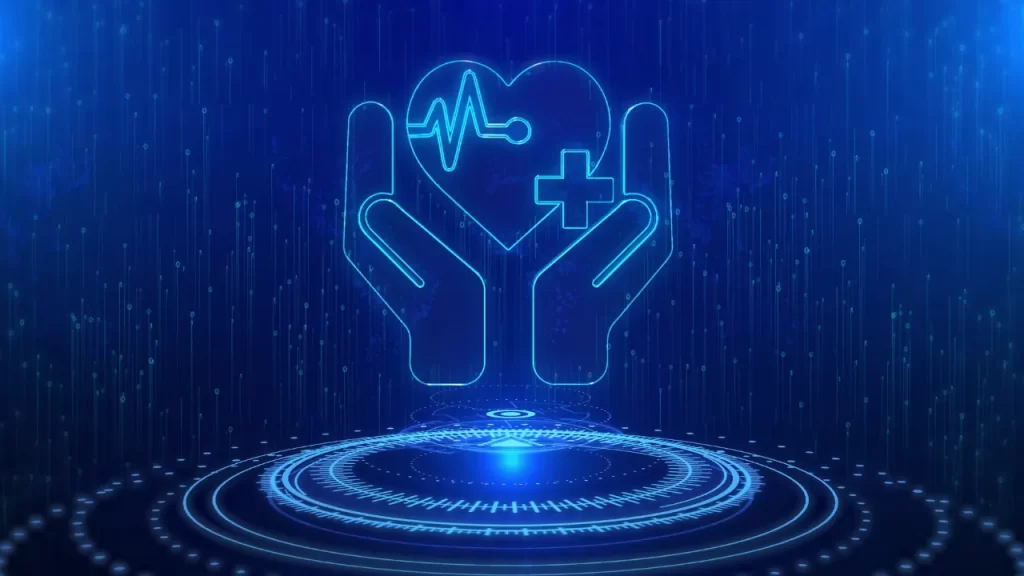|
Getting your Trinity Audio player ready...
|
The year 2024 marks another significant leap forward in the realm of medical advancements, where cutting-edge technologies and innovative approaches continue to redefine the landscape of healthcare. From breakthroughs in personalized medicine to the integration of artificial intelligence (AI) in diagnostics and treatment, this year showcases a remarkable convergence of science, technology, and medicine aimed at improving patient outcomes and revolutionizing healthcare delivery.
Personalized Medicine
One of the most notable trends in 2024 is the further advancement of personalized medicine. With the advent of genomic sequencing technologies and sophisticated data analytics, healthcare providers can now tailor treatments to individual patients based on their genetic makeup, lifestyle factors, and unique disease profiles. This personalized approach not only enhances treatment efficacy but also minimizes adverse effects, ultimately leading to better patient experiences and outcomes. You can watch entertainment movies to make your life more healthier like YouTube TV in Puerto Rico.
Precision Oncology
In the field of oncology, precision medicine has emerged as a game-changer in cancer treatment. By analyzing the genetic mutations driving tumor growth, oncologists can prescribe targeted therapies that specifically attack cancer cells while sparing healthy tissue. Additionally, liquid biopsies, which detect cancer biomarkers in bodily fluids such as blood, offer a non-invasive method for monitoring disease progression and treatment response, providing oncologists with valuable insights for optimizing patient care.
Artificial Intelligence in Healthcare
Artificial intelligence continues to play a pivotal role in transforming healthcare delivery. In 2024, AI-powered diagnostic tools are becoming increasingly sophisticated, capable of interpreting medical images, analyzing patient data, and identifying patterns that may escape the human eye. Machine learning algorithms enable healthcare providers to make more accurate diagnoses, predict disease risks, and recommend personalized treatment plans, ultimately enhancing clinical decision-making and improving patient outcomes.
Telemedicine and Remote Patient Monitoring
The COVID-19 pandemic accelerated the adoption of telemedicine, and in 2024, it has become an integral component of healthcare delivery. Virtual consultations allow patients to access medical care from the comfort of their homes, eliminating barriers such as travel time and geographical constraints. Moreover, remote patient monitoring technologies enable continuous tracking of vital signs and health parameters, empowering healthcare providers to intervene proactively and prevent complications, particularly in patients with chronic conditions.
Regenerative Medicine and Stem Cell Therapies
Advancements in regenerative medicine offer new hope for patients with degenerative diseases and tissue injuries. Stem cell therapies, in particular, hold promise for regenerating damaged tissues and organs, potentially revolutionizing the treatment of conditions such as spinal cord injuries, heart disease, and diabetes. Researchers are also exploring novel approaches, including tissue engineering and gene editing, to harness the regenerative potential of stem cells and develop more effective treatments for a wide range of medical conditions.
Ethical and Regulatory Considerations
As medical technologies continue to advance, ethical and regulatory considerations remain paramount. Ensuring patient privacy, data security, and informed consent are essential in the era of personalized medicine and AI-driven healthcare. Additionally, policymakers must strike a balance between fostering innovation and safeguarding patient safety, establishing robust regulatory frameworks that facilitate the responsible development and deployment of new medical technologies.
Read Also:
How important is daily exercise in life
The role of entertainment in health life
Top 5 Benefits of Medical Advancements: Transforming Healthcare for a Better Future
- Enhanced Patient Outcomes: Medical advancements have significantly improved patient outcomes by enabling more accurate diagnoses, personalized treatment plans, and targeted therapies. Innovations such as precision medicine, which tailors treatments to individual patients based on their genetic makeup and disease characteristics, have led to higher treatment efficacy and reduced adverse effects. As a result, patients experience better outcomes, including improved survival rates, reduced morbidity, and enhanced quality of life.
- Increased Access to Healthcare: Advancements in telemedicine and remote patient monitoring have expanded access to healthcare services, particularly for individuals in underserved or remote areas. Virtual consultations allow patients to receive medical care from the comfort of their homes, eliminating barriers such as travel time, transportation costs, and geographical constraints. Moreover, remote monitoring technologies enable continuous tracking of health parameters, empowering patients with chronic conditions to manage their health proactively and receive timely interventions when needed.
- Revolutionized Disease Prevention and Management: Medical advancements have revolutionized disease prevention and management through early detection, risk prediction, and personalized interventions. Advanced diagnostic technologies, coupled with artificial intelligence and machine learning algorithms, enable healthcare providers to identify disease biomarkers, assess individual risk factors, and tailor preventive strategies accordingly. Furthermore, regenerative medicine and stem cell therapies offer novel approaches for treating degenerative diseases and injuries, potentially reversing the course of conditions that were once considered incurable.
- Improved Healthcare Efficiency and Cost-Effectiveness: Innovations in healthcare technology have led to increased efficiency and cost-effectiveness across the healthcare continuum. AI-powered diagnostic tools streamline the interpretation of medical images, laboratory tests, and patient data, reducing the time and resources required for diagnosis and treatment planning. Telemedicine services optimize resource allocation by reducing the burden on healthcare facilities and alleviating overcrowding in clinics and hospitals. Moreover, preventive interventions and personalized treatments can lead to long-term cost savings by preventing complications, hospitalizations, and the need for expensive medical interventions.
- Accelerated Research and Innovation: Medical advancements fuel a cycle of continuous research and innovation, driving progress in the quest to conquer diseases and improve human health. Breakthroughs in areas such as genomics, biotechnology, and nanomedicine provide researchers with new tools and insights for understanding the underlying mechanisms of disease and developing novel therapies. Collaborative efforts between academia, industry, and government institutions foster interdisciplinary approaches and accelerate the translation of scientific discoveries into clinical applications. As a result, the pace of medical innovation accelerates, leading to the development of groundbreaking treatments and interventions that benefit patients worldwide.
Conclusion
The year 2024 heralds a new era of medical innovation, characterized by personalized medicine, artificial intelligence, telemedicine, and regenerative therapies. These advancements hold the potential to revolutionize healthcare delivery, empower patients, and improve outcomes across a wide spectrum of medical conditions. As we navigate the evolving landscape of healthcare, it is imperative to embrace innovation while upholding ethical principles and ensuring equitable access to cutting-edge treatments for all individuals.


